Pope Francis has made history by appointing 21 new cardinals who share his vision for reform within the Catholic Church. This significant move marks the Pope’s largest consistory to date and will profoundly influence the Church’s future direction, particularly in electing his successor. During a solemn ceremony at St. Peter’s Basilica, the Pope announced these appointments, signaling a pivotal moment for the Vatican.
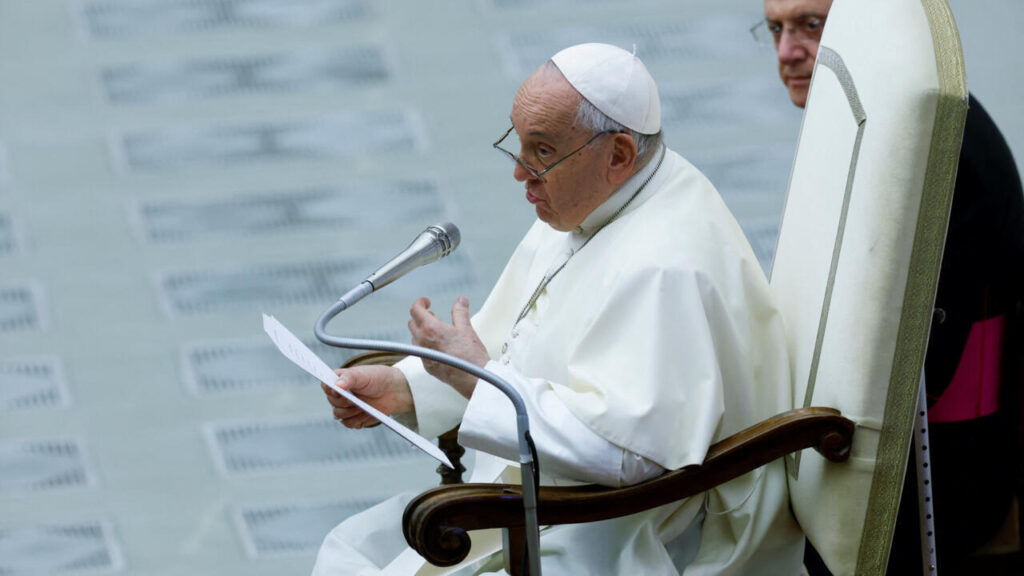
Key Figures in Leadership
Among the new cardinals are notable leaders such as Timothy Radcliffe, a Dominican known for his progressive views, and Domenico Battaglia, recognized as the “street priest” for his dedication to marginalized communities. This strategic selection strengthens Pope Francis’ influence within the Vatican and suggests a shift towards more progressive reforms. As a result, the Church may implement significant changes in addressing pressing issues like social justice, environmental challenges, and the role of women in ministry.
Implications for the Catholic Church’s Future
The inclusion of these reform-minded leaders plays a crucial role in shaping the future of the Catholic Church. Their diverse backgrounds bring various perspectives that challenge traditional norms and resonate with the faithful. As advocates for a more inclusive approach to Church doctrine and practices, these new cardinals will significantly influence key decision-making processes, particularly in electing the next Pope. Analysts believe that their leadership could usher in transformative changes in how the Church addresses contemporary issues.
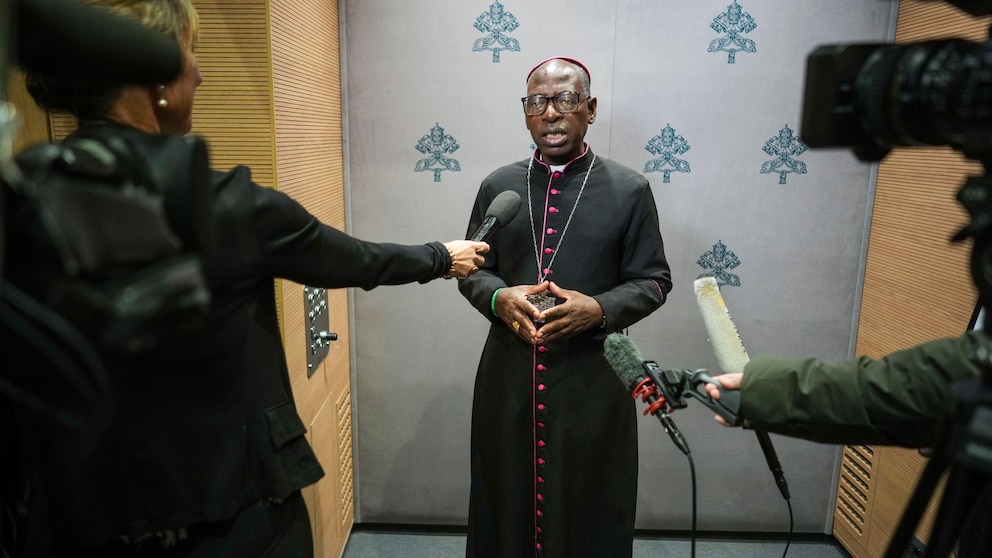
A Call for Reflection and Dialogue
The elevation of these 21 cardinals highlights the Church’s evolving nature in response to its congregation’s needs. Open dialogues about the future direction of the faith are essential, as this collective effort will shape the Church’s path moving forward. The new cardinals will play a vital role in fostering these discussions and ensuring that diverse voices receive attention.
Diverse Regional Representation
he new cardinals represent a variety of regions, emphasizing the Church’s global nature:
1. **Latin America**: Five new cardinals, including Jaime Spengler, president of the Latin American Episcopal Conference.
2. **Asia**: Three new cardinals, including Tarcisio Isao Kikuchi, archbishop of Tokyo.
3. **Africa**: Two new cardinals, including Ignace Bessi Dogbo, archbishop of Abidjan.
4. **Europe**: Eleven new cardinals, including Timothy Radcliffe.
Conclusion: A Transformative Turning Point
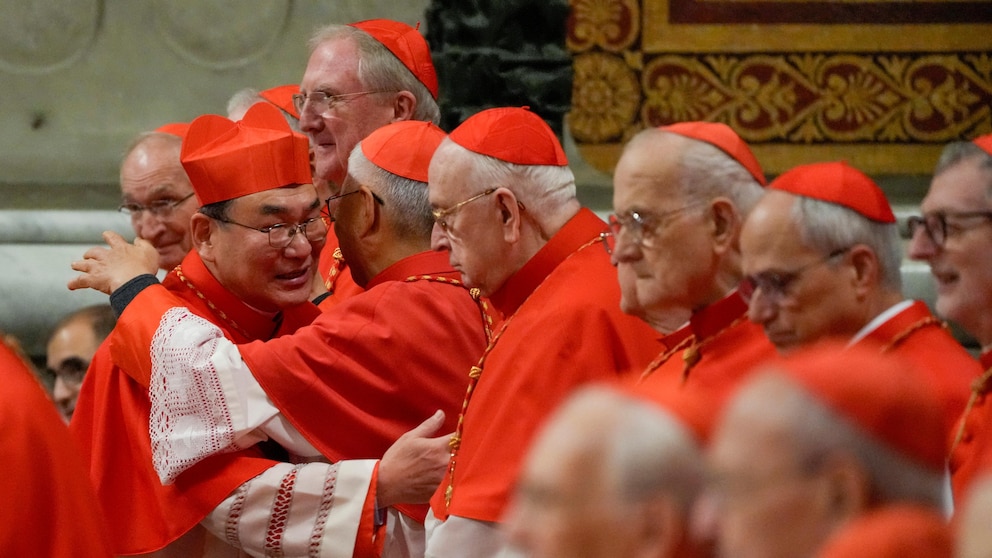
The elevation of these 21 cardinals marks a significant turning point in the Catholic Church’s history. The global community eagerly anticipates the impact of their progressive leadership. With their reform-oriented views, these cardinals stand ready to influence key decisions that will resonate for generations. As the Church stands at a crossroads, the actions of these new leaders will play a crucial role in defining its future, inviting reflection and engagement among the faithful.


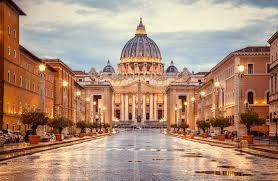
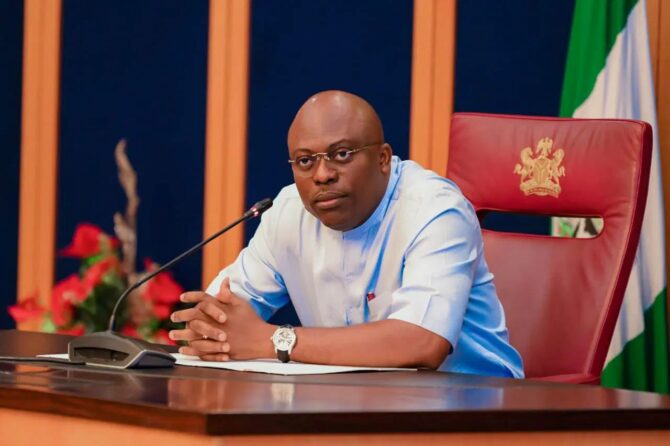
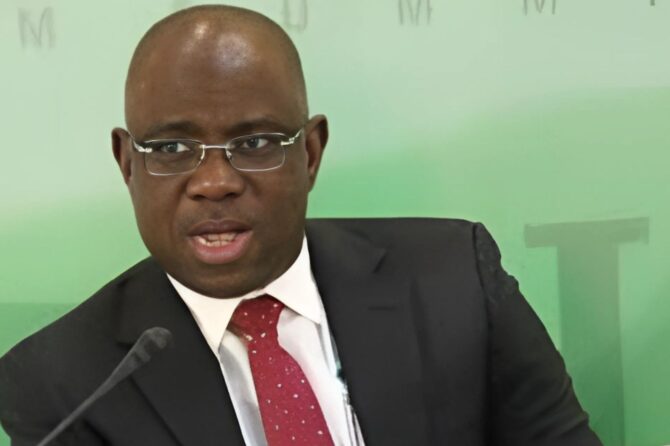







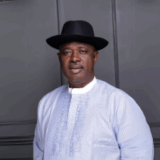
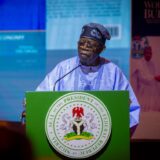
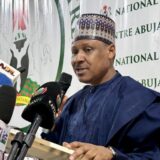



Change is inevitable…we pray that this will bring about the needed reforms such that will resonate well with the global faithful